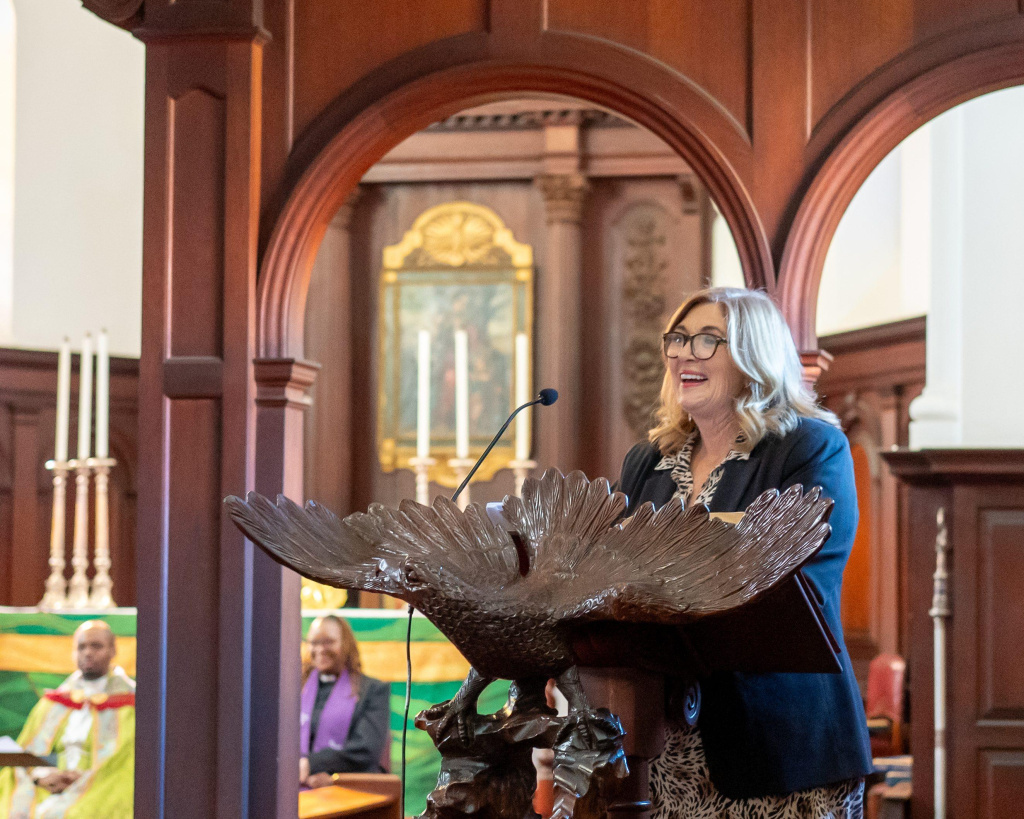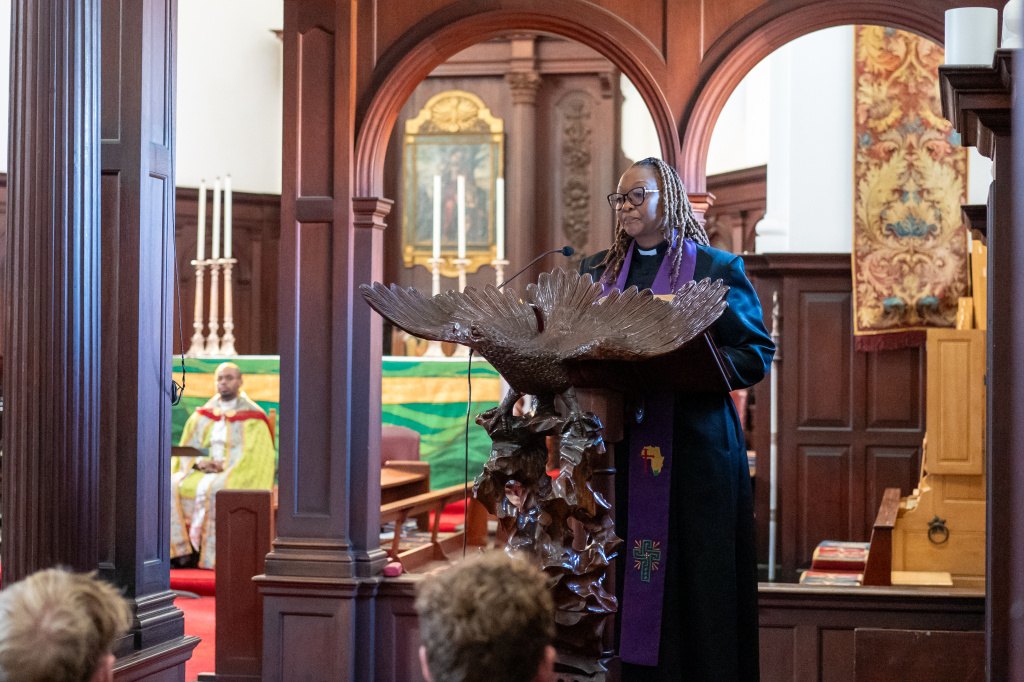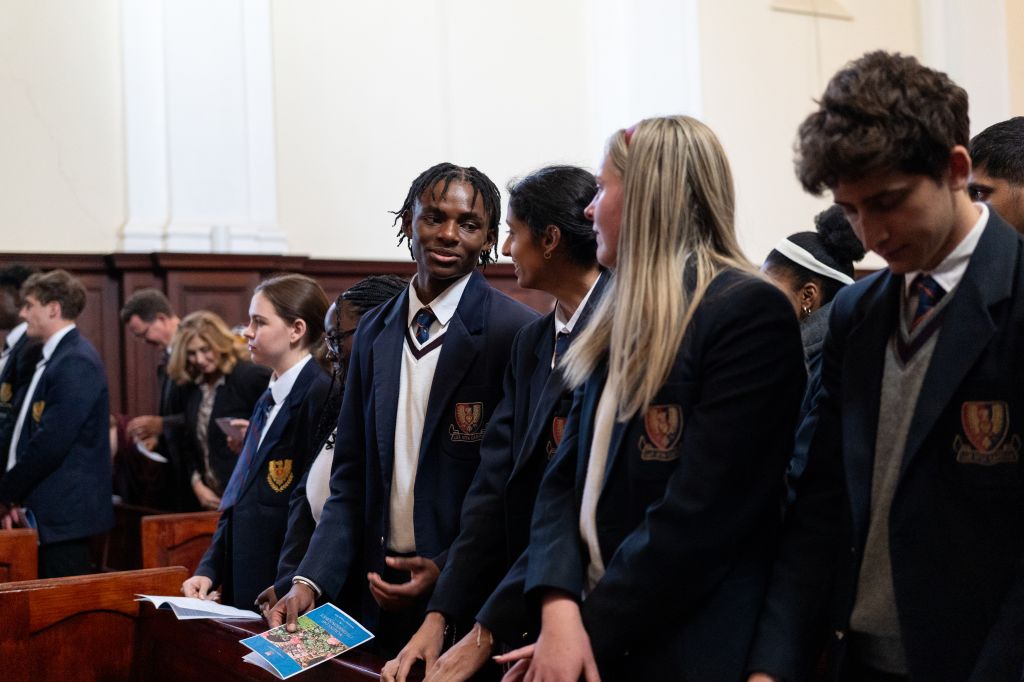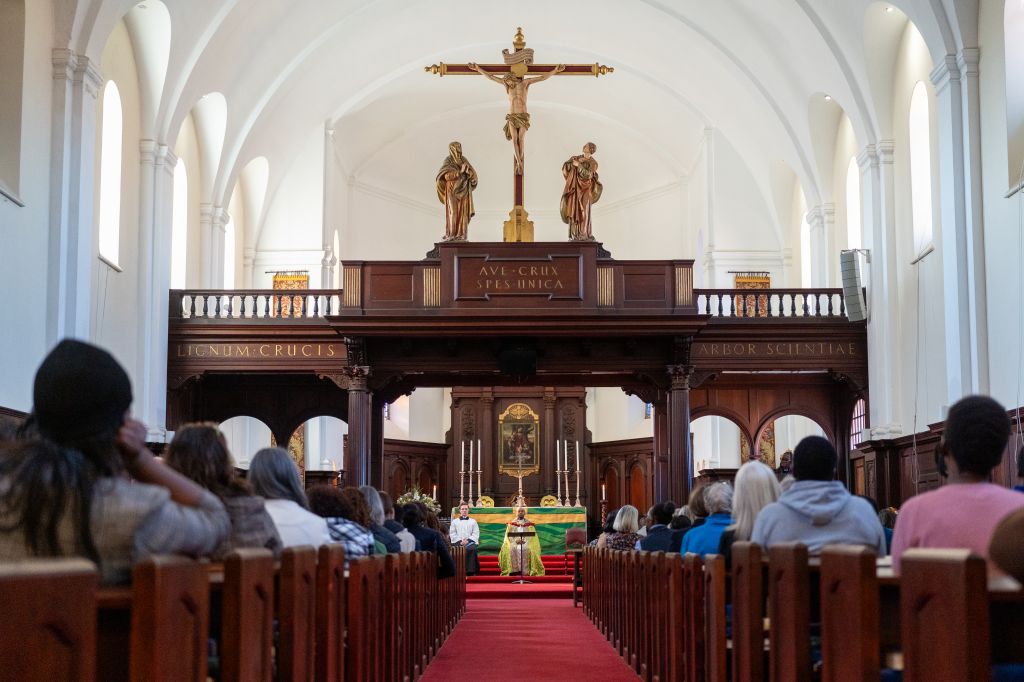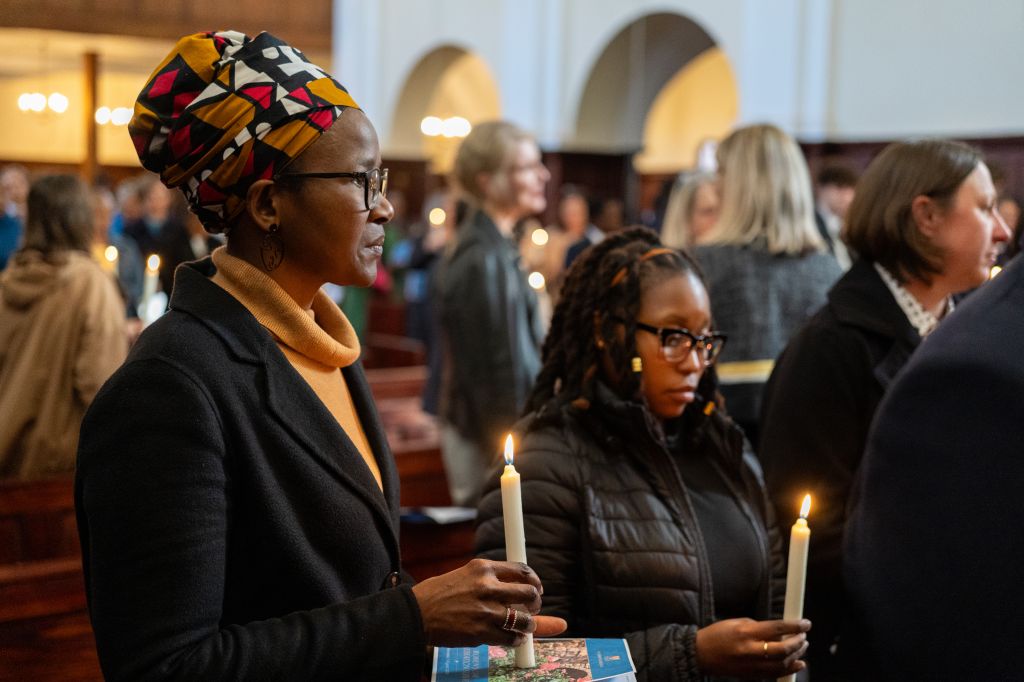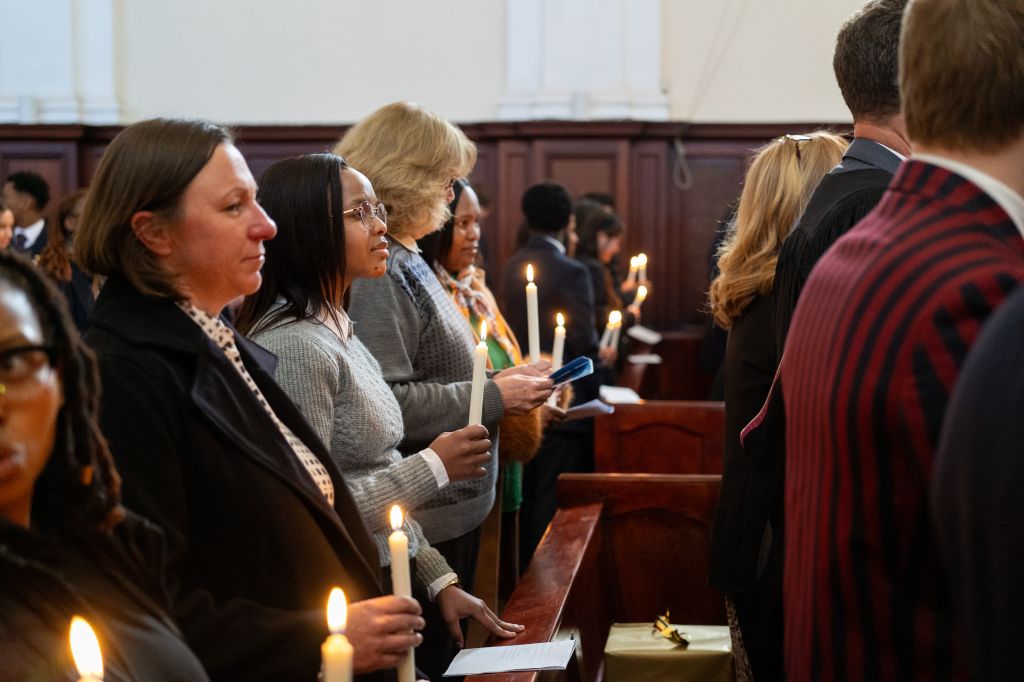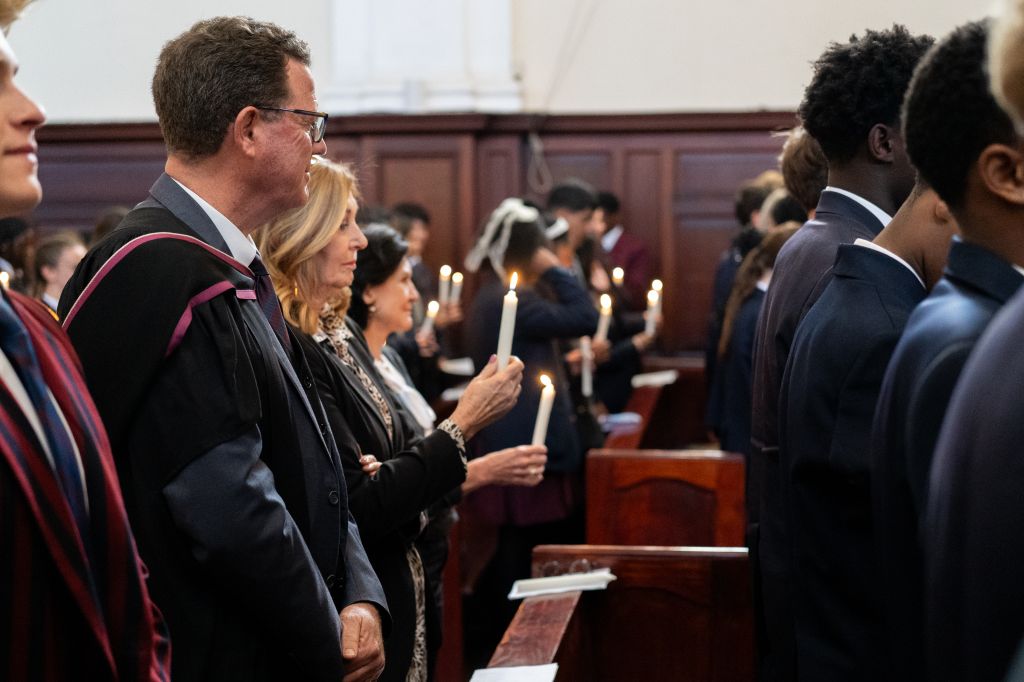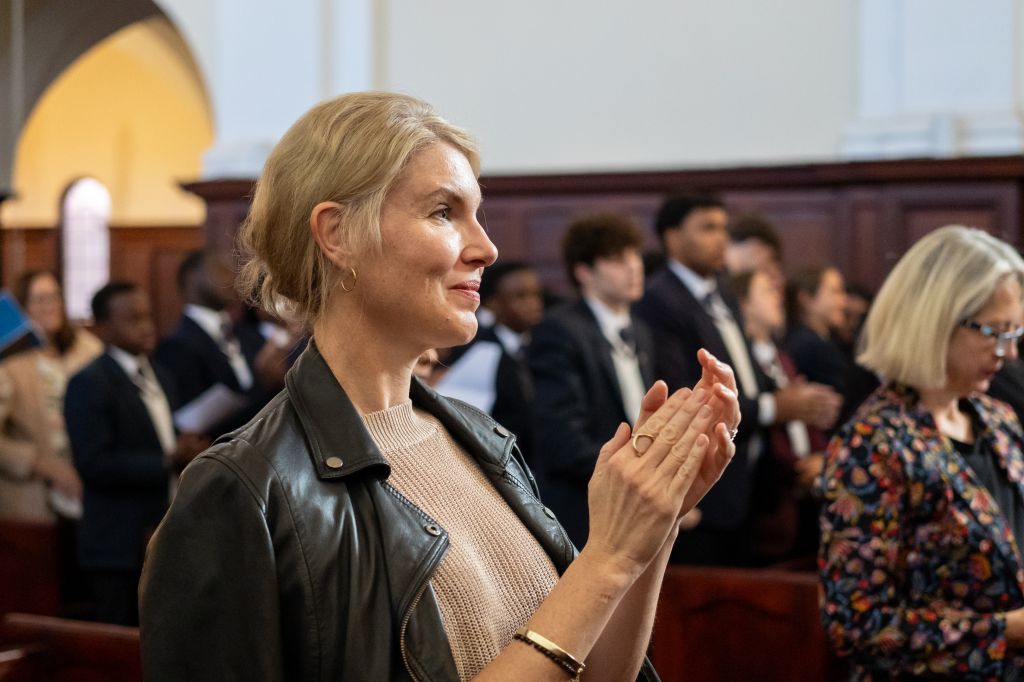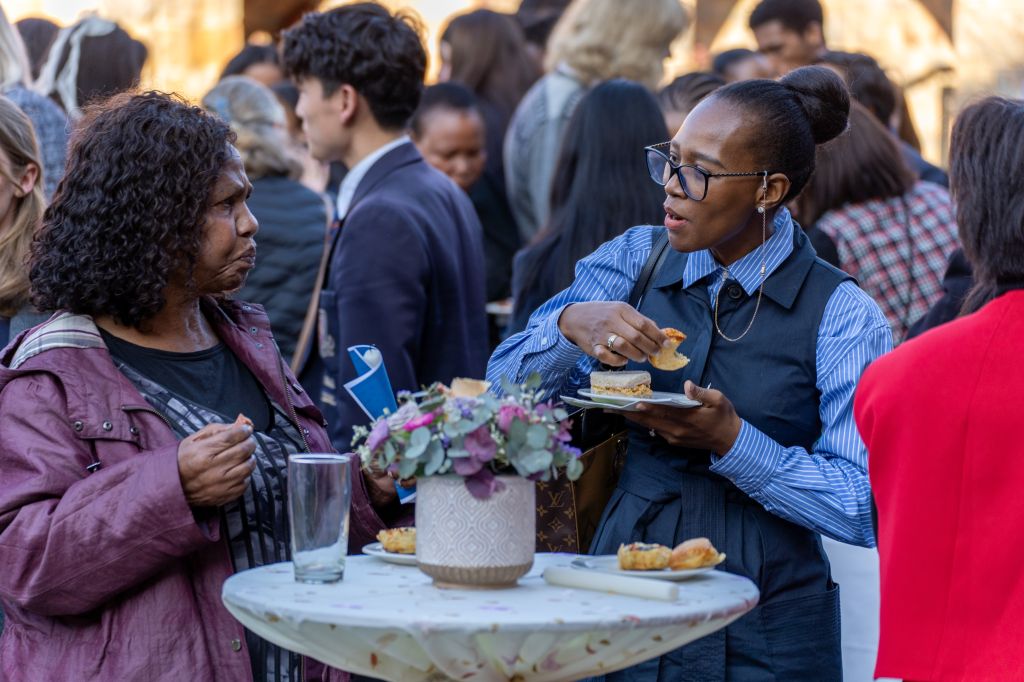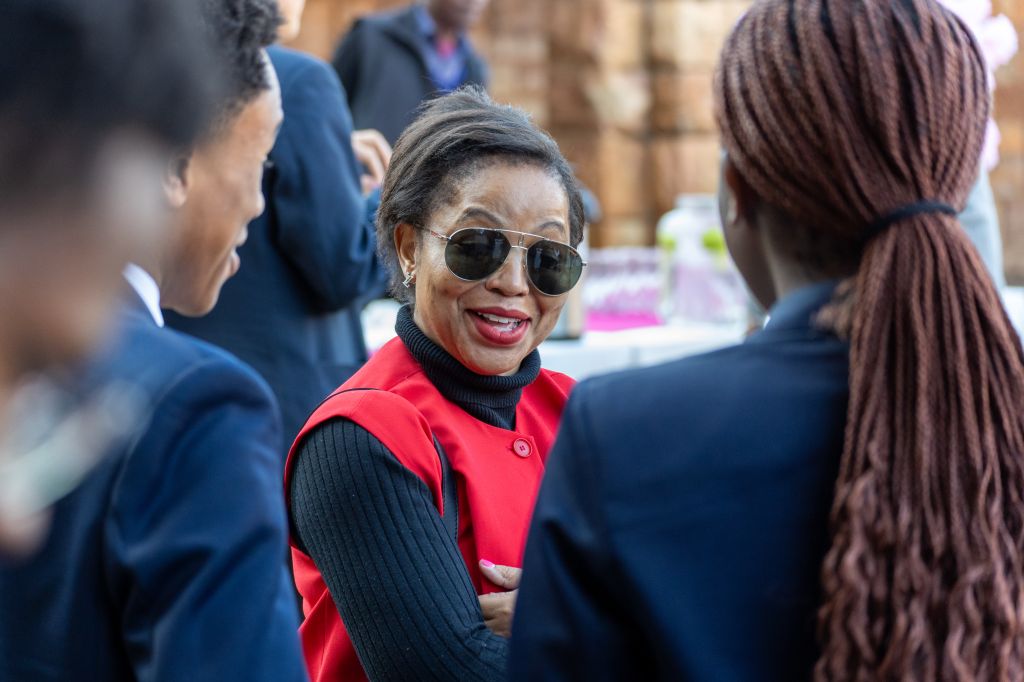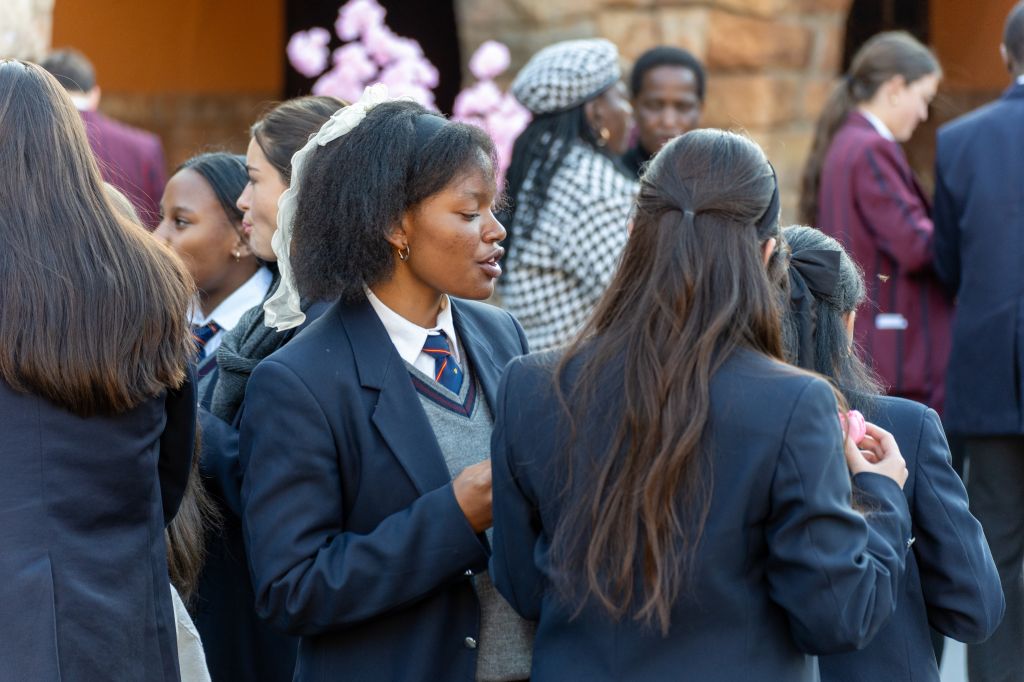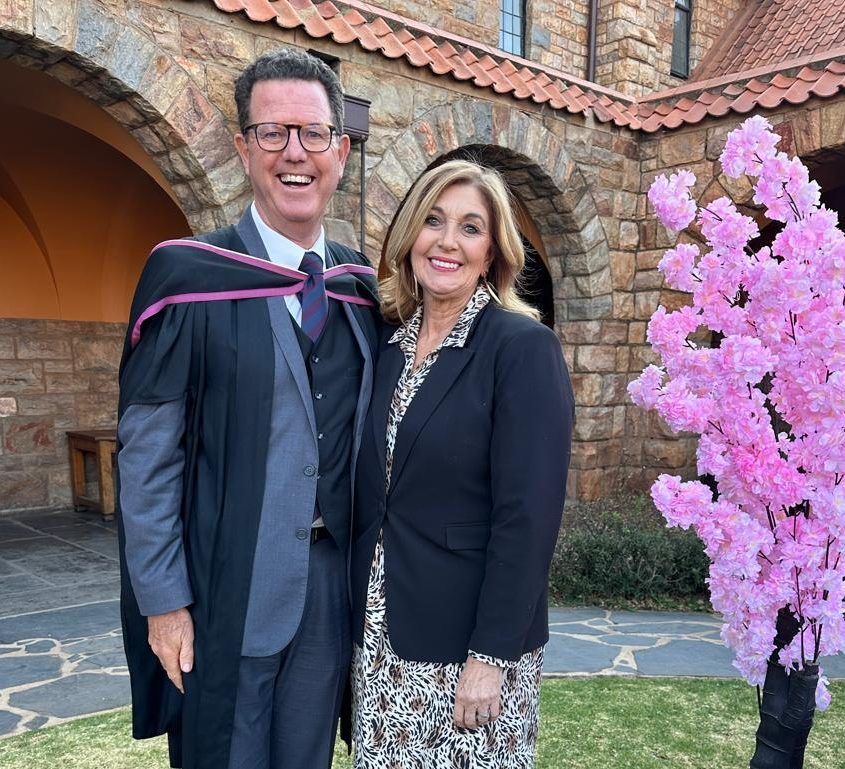Wa Thinta Abafazi, Wa Thinta Imbokodo: You strike a woman, you strike a rock.
This phrase is more than just words; it is a powerful declaration of the unyielding strength of women. As we gather to celebrate Women’s Day, we honour not only the women who have shaped history but also those who continue to make a difference in our lives today.
On 9 August 1956, one of the most historic events in the struggle for freedom and women's rights in South Africa took place in Pretoria. More than 20,000 women of different races, led by Lilian Ngoyi, Helen Joseph, Albertina Sisulu, and Sophia Williams-De Bruyn, marched to the Union Buildings to protest against the unjust Pass Laws. This historic march, symbolized by the protest song "Wa Thinta Abafazi, Wa Thinta Imbokodo," represents women's courage and strength in South Africa. These women did not arrive alone—they came as a united front from all walks of life and all parts of South Africa. Stronger together, they stood as a collective, taking a non-violent stance and remaining silent for 30 minutes, many with their children on their backs. The march was a resounding success, thanks to the brave, tenacious spirits of these fearless women who advocated for change, defied norms and stood up for what they believed in.
Today, we stand on the shoulders of these giants who have pioneered the way for women’s voices to be heard in our country.
"We need women at all levels, including the top, to change the dynamic, reshape the conversation, to make sure women’s voices are heard and heeded, not overlooked and ignored."
These words remind us that the journey towards equality is ongoing. Today, we are inspired not only by these historic figures but by women across the globe, like Michelle Obama, who said, "The empowerment of women is the key to unlocking the potential of a nation." Women’s Day is an opportunity to reflect on the tapestry of women in our own lives—those who have gone before us, those who hold us up, support and sustain us, and those who empower, encourage, and love us. These amazing women have had a life-changing impact on us.
For me, it was my mother. Having lost my father at the age of 11, my mother became my rock. She was an incredible woman who, through her example, taught me everything I know about hard work, resilience, determination, and fortitude. There was very little money to spare in our home, and when I was in despair after learning that my application for university finance had not come through, she was having none of it. “Get up, wash your face, brush your hair, and get in the car. Tears will not fix this. We are going to the bank, and we are going to make a plan.” The 20-year-old me had no idea what that must have cost my mother, but I did as she said, and I got in the car—and I got my education! They say we become our mothers as we mature, and my children will attest to that—they know that voice, and they know its origins!
Sadly, my mother passed away soon after our first daughter was born, and at the age of 26, I found myself without parents. My sisters, all much older than me, stepped into the gap, and I count their input and support as one of the greatest gifts in my life. They have spoken life into me, prayed for me, supported me through thick and thin, and they love my family as their own. The beautiful tapestry of women in our lives is a powerful source of comfort and joy. Live your life, build your life, knowing you are not on your own. You are part of the collective.
Sheryl Sandberg, the author of Lean In: Women, Work, and the Will to Lead, believes that “We need women at all levels—including the top—to change the dynamic, reshape the conversation, to make sure women’s voices are heard and heeded, not overlooked and ignored.” For me, the power of Sheryl’s words lies in the first part of her sentence: We need women at all levels. That means all of us—not just the phenomenal women out there, the movers and shakers whom we all admire and support. It is in the daily walk of life that you and I can make the biggest difference.
As a passionate pre-primary school educator, I have always been drawn to the magnificent story of the many selfless gogos in the township who give of their time and resources to provide safe spaces and places for the most vulnerable in our society—little children. Running early childhood centres out of containers, under bridges, and in someone’s yard, they provide care, nutrition, and mental stimulation. These women have simply responded to the need by asking, “If not me, then who?” These women are true leaders, sustaining these fragile, vulnerable lives by bringing life and light into their darkness. We honour these women today.
In my capacity as a Head, I have had the privilege of leading teams of outstanding women who have also chosen to work with little children in the early years—a space so often undervalued and unappreciated. These foundational years are vital to a child’s learning journey, and my staff need to know how important they are to the future of our nation. I make it my mission to build a space where every member of staff feels acknowledged, valued, and appreciated. It is easier to build children than repair adults, and I honour them for the powerful work they do, weaving their magic and providing a tapestry of care as they make learning come alive for the children every day. This is my calling, and I thank God for giving me a voice in this arena.
However, even as we celebrate our achievements, we cannot ignore the challenges we face. Gender-based violence remains an evil scourge in our society despite our country’s progressive laws in favour of women. The names Anene Booysen, Karabo Mokoena, Uyinene Mrwetyana, and Reeva Steenkamp are just a few on the long list of women who have fallen victim to this violence. When will it stop? What can be done? What can we do?
Perhaps the poignant words of Ria Steenkamp, Reeva’s traumatized mother, can inspire us as she sought to turn things around and find some beauty out of the ashes. She said:
“Somehow, I came to the realization that, instead of sitting at home crying and crying, I needed to get myself together and try to help other women affected by violence. That’s how Reeva’s foundation was born. We knew we had to focus on education; we speak to girls so that they are equipped with the tools they need to develop an intolerance towards men treating them in certain ways. But we also need to educate men—while they are still boys—to respect the women in their lives. This is where it must begin—men must be taught to respect their mothers, their sisters, their girlfriends, and their wives.”
As Gloria Steinem said: “We’ve begun to raise our daughters more like sons. But few have the courage to raise our sons like our daughters.” As the sisterhood of women, we all need to step up to the challenge and educate the young boys and men in our circle of influence.
We must also remember the words of Professor Thuli Madonsela, known as “Cyclone Thuli,” who will be remembered for gracefully felling the most powerful man in the land and blowing the whistle on corruption. She believes “It is vital that every girl determines, as early as possible, who she is and what her contribution to humanity will be.”
So today, I would like to use this opportunity to highlight the power we hold in our hands as women as we consider what our contribution to humanity may be. What can we, ordinary women, do to bring light, life, and love to situations? The simple answer is to be a leader within your circles of influence.
Be a leader in the way you choose to speak. Know the power of your voice and the power of your words. Be a leader in your workplace. Take your place at the table, lean in, and make your voice heard. Uplift, empower and encourage your female colleagues. Mentor with grace and dignity. Be a leader in your classroom. As female teachers and students in a monastic environment, women have the most incredible opportunities to be role models. Open the conversations, highlight the stereotypes, and debunk the myths. Be a leader in your home. Ensure your brothers, fathers, uncles, nephews, sons, and daughters all know how to treat women. Be a positive role model and speak up when needed. Be a leader in your friendship group. Protect and support one another, be brave, speak up, and take a stand.
In closing, let us look back to look forward—remembering where we have come from as we stand on the shoulders of the inspirational women in our lives. Looking ahead with hope and vision, we can take our rightful place and blossom, against all odds, into all that we were meant to be. — Joyanne West (an excerpt from her address at the St John's Sixth Form Women's Day Celebration Service in collaboration with the Transformation & Diversity Team.)
Pictures: Tom Dewar (LV Hodgson)

